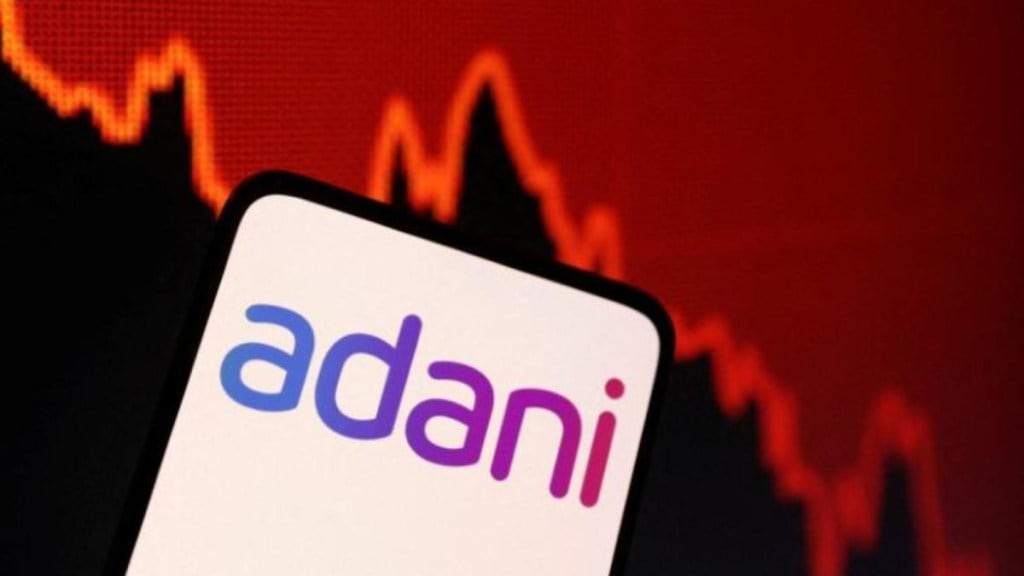US-based short-seller Hindenburg Research, whose report in January 2023 on Gautam Adani-led Adani Group triggered a $150 billion rout in Adani stocks, attacked Securities and Exchange Board of India (SEBI) for not naming Kotak Bank in the matter. The US short-seller said that brokerage firms founded by Uday Kotak created and oversaw the offshore fund structure, which was used by its investor partner to bet against Adani group shares. Hindenburg alleged that SEBI instead “named the K-India Opportunities fund and masked the ‘Kotak’ name with the acronym ‘KMIL’.”
Hindenburg also said that SEBI’s lack of mention of Kotak or any other Kotak board member may be meant to “protect yet another powerful Indian businessman from the prospect of scrutiny”, which it called “a role SEBI seems to embrace”.
In a blog post, Hindenburg Research said, “SEBI’s job as a securities regulator is to detect and stop the types of malfeasance that we exposed. In our view, SEBI has neglected its responsibility, seemingly doing more to protect those perpetrating fraud than to protect the investors being victimized by it.”
A crackdown on Indian government
The US short-seller also came down heavily on the Indian government and called corporate governance in India a ‘myth’. “The message sent to investors in India is equally loud: You have no real protection from fraud. Corporate governance in India is a myth for businessmen that can buy influence,” it said.
It went on to say that regardless of the intimidation efforts by the regulatory body, the company will continue to speak up about malfeasance at companies anywhere across the globe if it is warranted by the evidence. “The government has once again sent the message that critics of those in power will be punished, whether by regulatory action or strategic media leaks. We expect SEBI may try to impose ‘bans’ or fines on us to clamp down on the prospect of more criticism of Indian companies,” it said.
Hindenburg had released a report which was 106-pages, with 32,000 words, and included 720 citations, collectively detailing evidence that Adani “engaged in a brazen stock manipulation and accounting fraud scheme over the course of decades”. The report provided evidence of a vast network of offshore shell entities controlled by Gautam Adani’s brother, Vinod Adani, and close associates. It also detailed how a network of opaque offshore fund operators surreptitiously helped Adani evade minimum shareholder listing rules, citing numerous public documents and interviews to substantiate the allegations. Hindenburg stated that Adani Group was operating “the largest con in corporate history”.
While it stated that Adani has still failed to address the allegations in the report, it also maintained that the securities regulator seemed more interested in pursuing those who expose such practices. “This stance is broadly in line with the actions of other elements of the Indian government which have sought to arrest 4 journalists for writing critical articles about Adani and expelled members of parliament who were critical of Adani,” it said
Staying the ground
In terms of gains from the Adani report, Hindenburg said that it has made ~$4.1 million in gross revenue through gains related to Adani shorts from that investor relationship. “We made just US ~ $31,000 through our own short of Adani US bonds held into the report. (It was a tiny position.). Net of legal and research expenses (including time, salaries/compensation, and costs for a 2-year global investigation) we may come out ahead of break even on our Adani short,” it informed.
Hindenburg also said that it knew of the risks involved before releasing its report on Adani. “With a rise in the killing or jailing of journalists in India, and a plummeting of press freedom scores in the country, we anticipated that the apparatus of the Indian government may concoct a case to attempt to scare us or others out of the market, or worse. We knew these risks before we started. Ultimately, that didn’t matter in the face of our resolve to publish in the public interest once the work met our evidentiary standards.”
While adding that Adani thesis was never financially justifiable for the company, Hindenburg said that “Our research on Adani is by far the work we are most proud of”.

